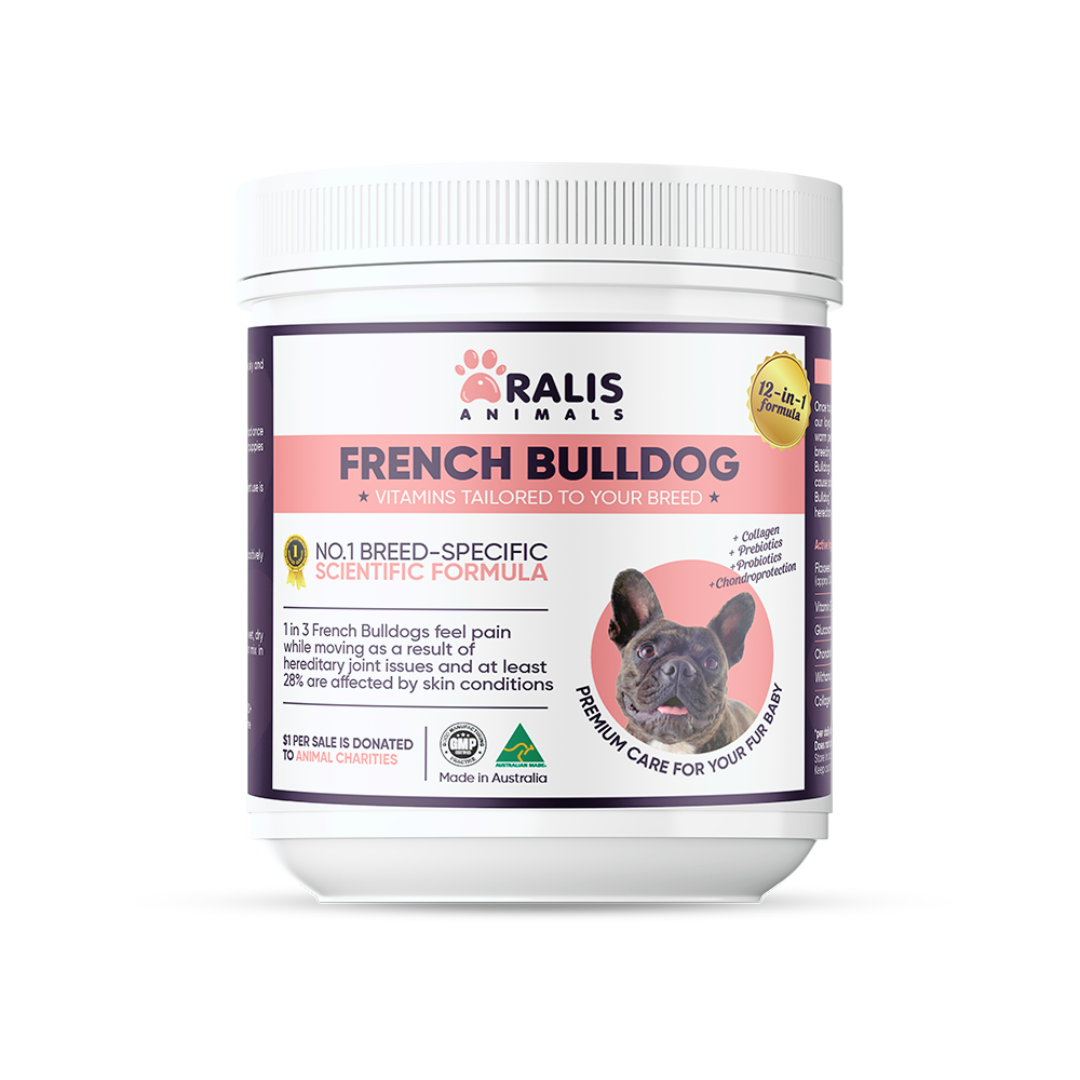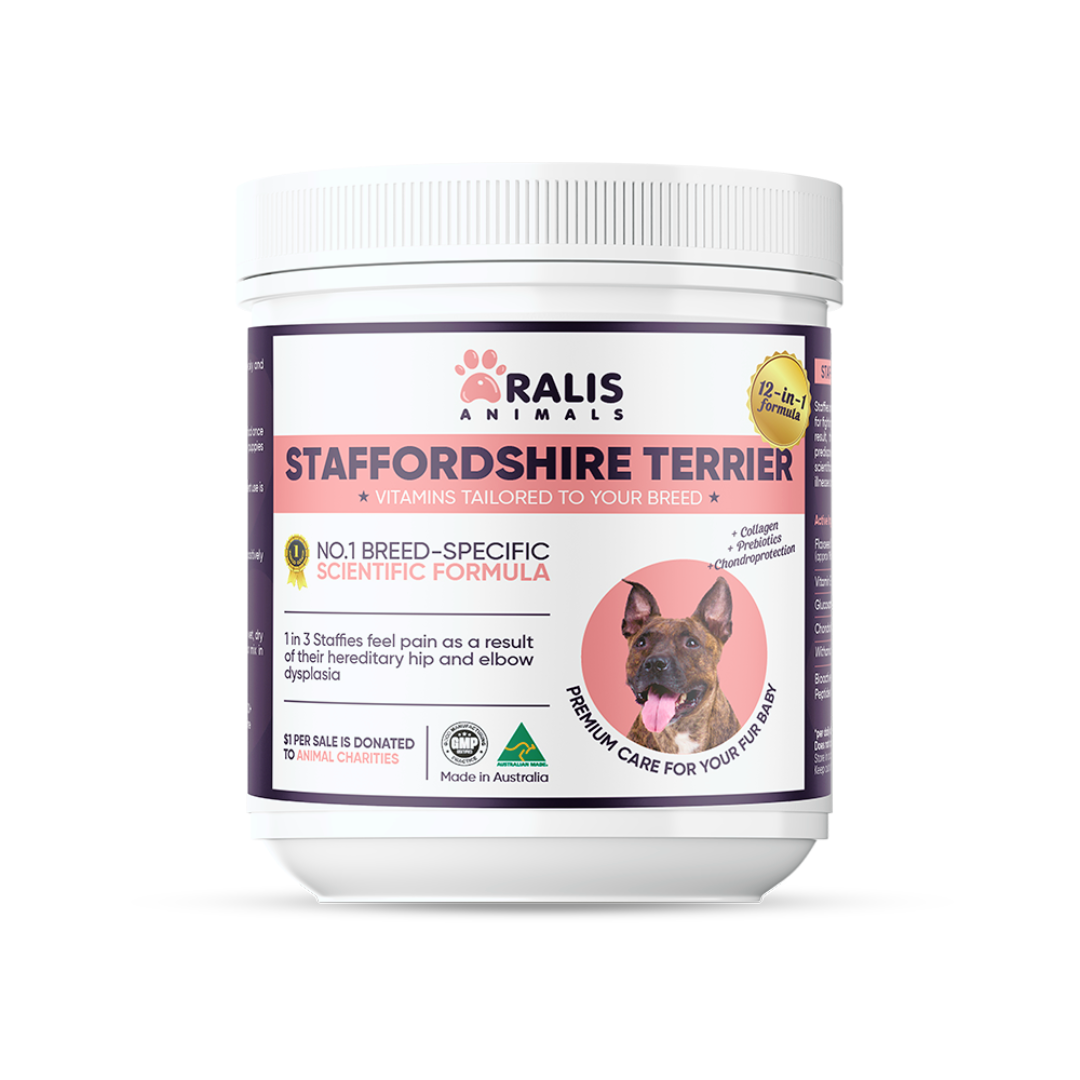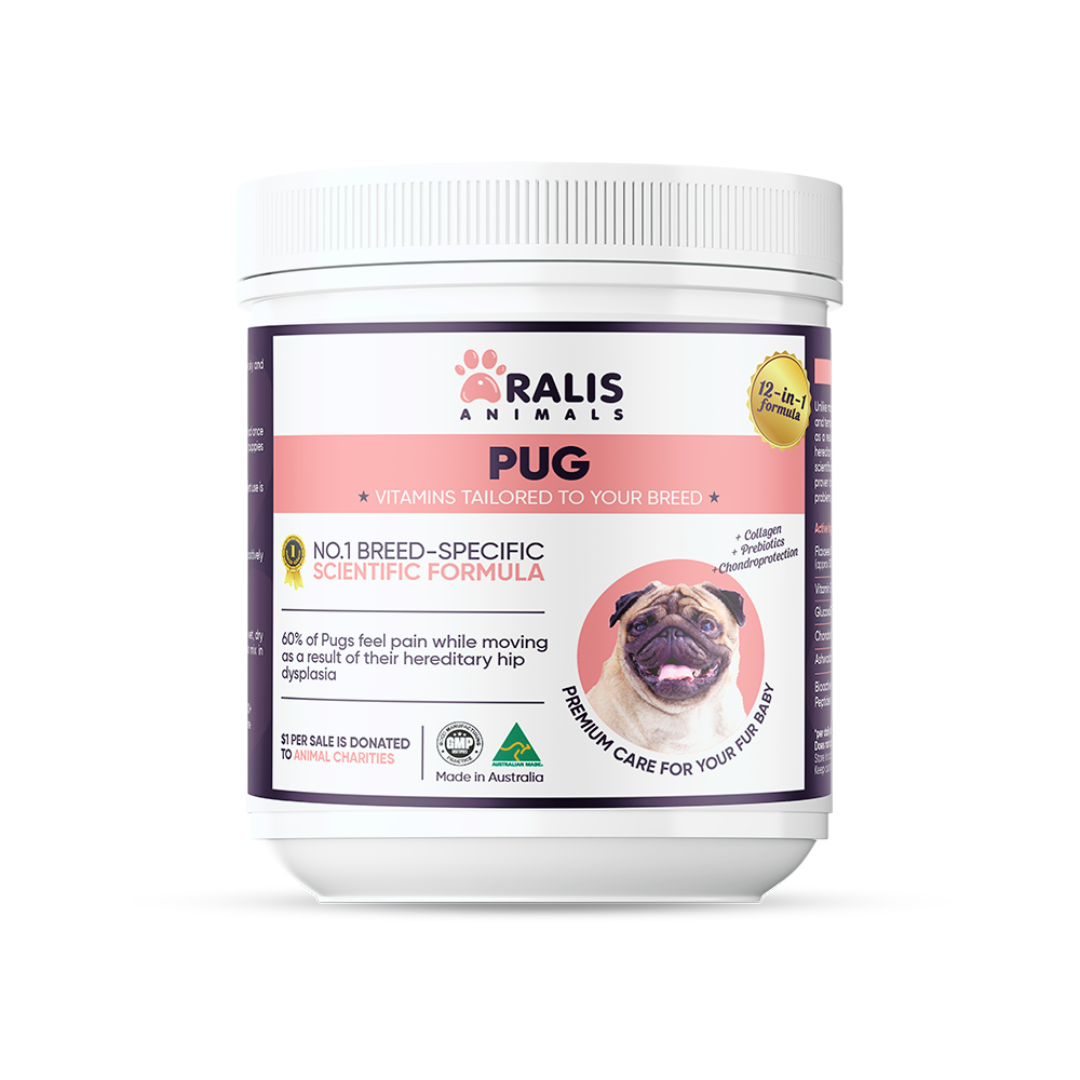How to Treat Dog Skin Allergies Naturally with Probiotics and Nutritional Support

As pet owners, we want nothing more than to see our furry companions happy and healthy. Unfortunately, skin allergies are a common issue that can cause our dogs significant discomfort and distress. While traditional treatments often rely on medications and steroids, there is a growing interest in exploring natural solutions that address the root causes of these skin problems.
In this blog post, we'll dive into the world of probiotics and nutritional support as a natural approach to treating dog skin allergies. By understanding the underlying factors that contribute to these conditions and the role of gut health in skin wellness, we'll uncover effective strategies to help your pup find lasting relief.
Understanding Dog Skin Allergies
Skin allergies in dogs can manifest in various ways, from persistent itching and hot spots to rashes and irritated skin. These issues can be triggered by a range of environmental factors, such as pollen, dust, or certain materials, as well as food sensitivities. In some cases, genetic predispositions can also play a role in a dog's susceptibility to skin problems.
The discomfort caused by these allergies can lead to excessive scratching, licking, and even hair loss, which can further exacerbate the problem and compromise your dog's overall well-being. Traditional treatments often focus on managing the symptoms through the use of antihistamines, steroids, or topical creams, but these approaches may only provide temporary relief and can have undesirable side effects.
The Role of Probiotics in Skin Health
Emerging research has shed light on the gut-skin connection, highlighting the important role that gut health plays in maintaining healthy skin in both humans and animals. Probiotics, the beneficial bacteria that reside in the digestive system, have been shown to have a profound impact on the immune system and overall skin health.
When the gut microbiome is out of balance, it can lead to inflammation and an overactive immune response, which can manifest as skin issues like allergies, eczema, and hot spots. By supplementing your dog's diet with targeted probiotic strains, you can help restore the balance of gut flora and support a healthier immune system, ultimately reducing the severity and frequency of skin problems. That’s why Aralis Animals includes targeted probiotic strains like S. Boulardii in our breed-specific formulas, along with gut-soothing ingredients like turmeric and flaxseed to help reduce inflammation from the inside out. Click here to explore our product range.
Probiotics work by:
- Strengthening the gut barrier to prevent the absorption of allergens and toxins
- Modulating the immune system to reduce inflammation and hypersensitivity
- Producing anti-inflammatory compounds that soothe irritated skin
- Improving nutrient absorption for overall skin and coat health
Natural Treatment Strategies
In addition to probiotic supplementation, there are several other natural approaches you can explore to help alleviate your dog's skin allergies:
Dietary Modifications
Adjusting your dog's diet to eliminate potential food triggers, such as common protein sources or grains, can make a significant difference in reducing skin irritation. Incorporating hypoallergenic, limited-ingredient, or novel protein diets can help identify and eliminate the culprits behind your dog's skin issues.
Nutritional Supplements
Certain vitamins, minerals, and fatty acids can provide additional support for skin health. Omega-3 and omega-6 fatty acids, for example, can help reduce inflammation, while antioxidants like vitamin E and zinc can strengthen the skin's protective barrier.
Home Remedies for Itch Relief
Natural ingredients like oatmeal, aloe vera, and coconut oil can be used to soothe and calm irritated skin. These gentle, topical solutions can provide immediate relief while you address the underlying causes of the allergies.
Preventive Measures
While treating the current skin issues is important, it's equally crucial to take a proactive approach to maintaining your dog's skin health. Regular grooming, bathing, and coat care can help remove allergens and keep the skin and coat in optimal condition. Additionally, identifying and avoiding known triggers, such as certain environmental factors or food ingredients, can go a long way in preventing future flare-ups.
Choosing the Right Supplements
When selecting probiotic and nutritional supplements for your dog, it's important to look for high-quality, breed-specific formulas that address the unique needs of your canine companion. Key ingredients to consider include:
- Probiotic strains like Lactobacillus and Bifidobacterium, which have been shown to be particularly beneficial for dogs
- Omega-3 and omega-6 fatty acids, such as those found in fish oil or flaxseed
- Antioxidants like vitamin E, zinc, and vitamin C
- Skin-nourishing nutrients like biotin, collagen, and hyaluronic acid
When it comes to dosage and administration, it's always best to consult with your veterinarian to ensure you're providing the appropriate amount for your dog's age, size, and specific needs.
Conclusion
Treating dog skin allergies naturally with probiotics and targeted nutritional support can be a highly effective and sustainable approach. By addressing the underlying causes of these skin issues and supporting your dog's overall health, you can help them find lasting relief and enjoy a happier, more comfortable life.
Remember, every dog is unique, so it may take some trial and experimentation to find the right combination of natural remedies that work best for your furry friend. With patience, persistence, and the guidance of your veterinary professional, you can unlock the power of probiotics and nutrition to unleash your dog's skin health.





